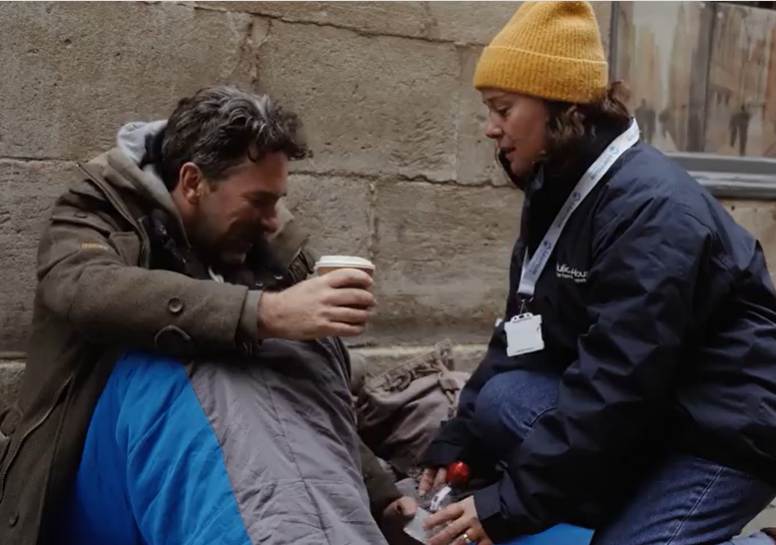
For many prison leavers, the end of their sentence may not be the fresh start they were looking for. A large proportion will leave prison with the threat of homelessness because of the chaotic backgrounds they have come from.
This is where our resettlement service is so crucial. We chatted with our prison resettlement worker, James, to find out more about whom he supports and why.
What does a resettlement worker do?
The prison resettlement worker is the conduit between the prison service, probation, and the local authority, when dealing with applications of homelessness from offenders. The work we do includes; liaising with the prison to carry out an assessment to determine things like if they have a local connection, seeking information about eligibility, homelessness and priority need.
We will then formulate housing plans by referring clients into housing options, supported housing, or setting up a social housing register. We meet them on release and work with them to ensure tenancy compliance. Furthermore, we also attend all meetings set up by local authority and probation and provide updates in terms of clients.
What sort of clients do you work with?
Main client bases are those that are leaving prison and face homeless, this can be anyone from short term “impact offenders (theft)” to murderers, and sexual offenders. We also work with people in the community who are on probation and are at risk of homeless, this can be for a number of reasons, for example; behind on rent, sofa surfing, arguing with mum and dad or divorce.
What are some of the biggest challenges your clients face that mean they need your support?
The single biggest challenge is their homelessness, they have nowhere to go on prison release or are facing eviction/homelessness in the community. There are lots of things that impact a client’s ability to find and maintain housing options. These include drug addictions leading to chaotic lifestyles, financial issues, the nature of their offence and the conditions/restrictions that are placed upon them, being sex offenders or violent offenders can all mean finding the right housing option can be tricky.
They will also have no references, or the affordability to satisfy the private renting market making it tricky to find suitable housing. Legally landlords cannot discriminate, but without references, and suitable employment and renting history a landlord will usually reject.
Is there anything else about your role that you think is important for the public to know?
For several clients, the support network is there, in place by numerous organisations and charities, but the issue comes with private landlords not willing to accept the client. Organisations work with the client to prevent tenancy issues and ensure clients are good tenants – but they just need to be given the chance.
You can find out more about our criminal justice services here.






